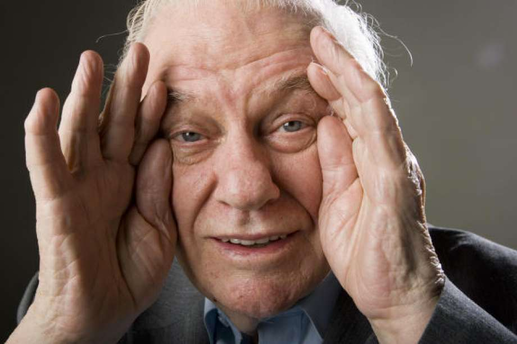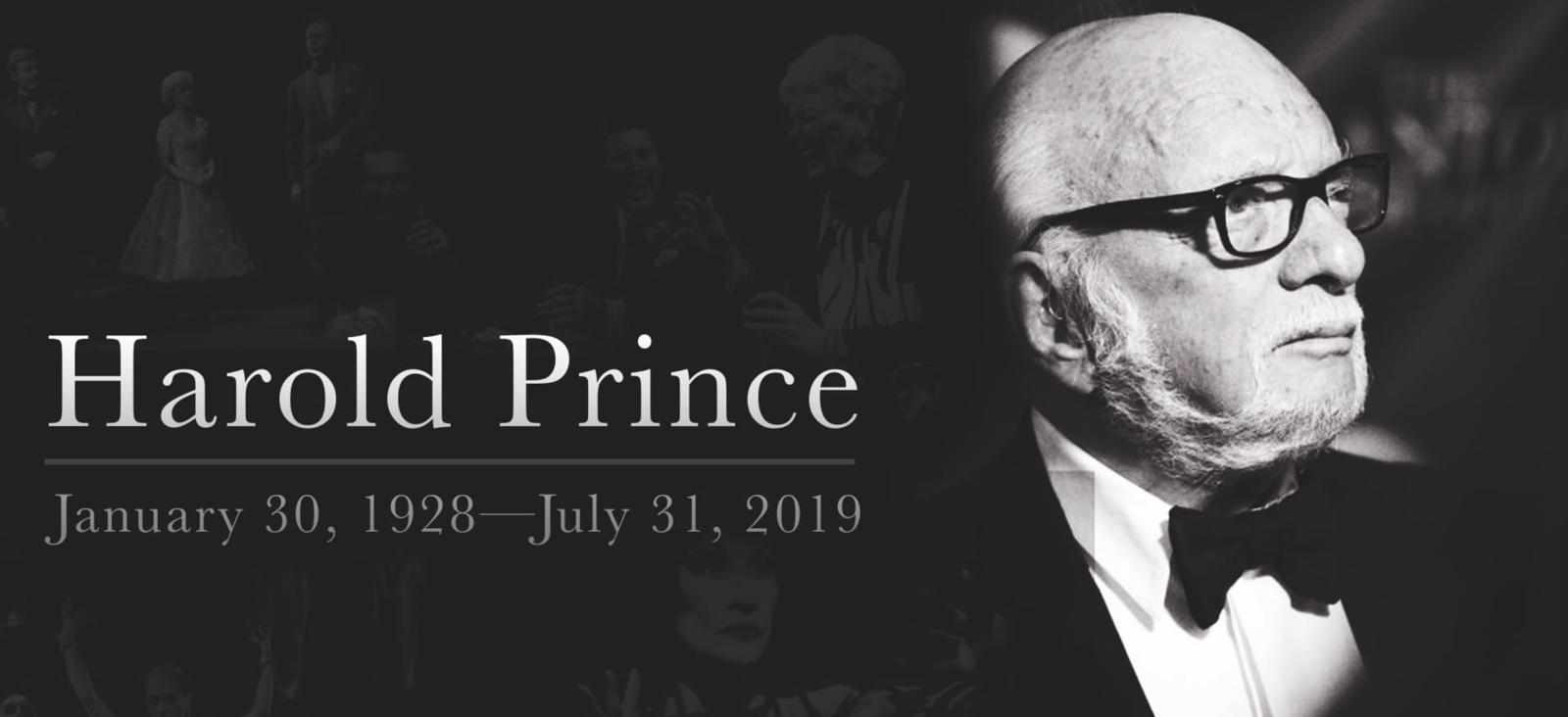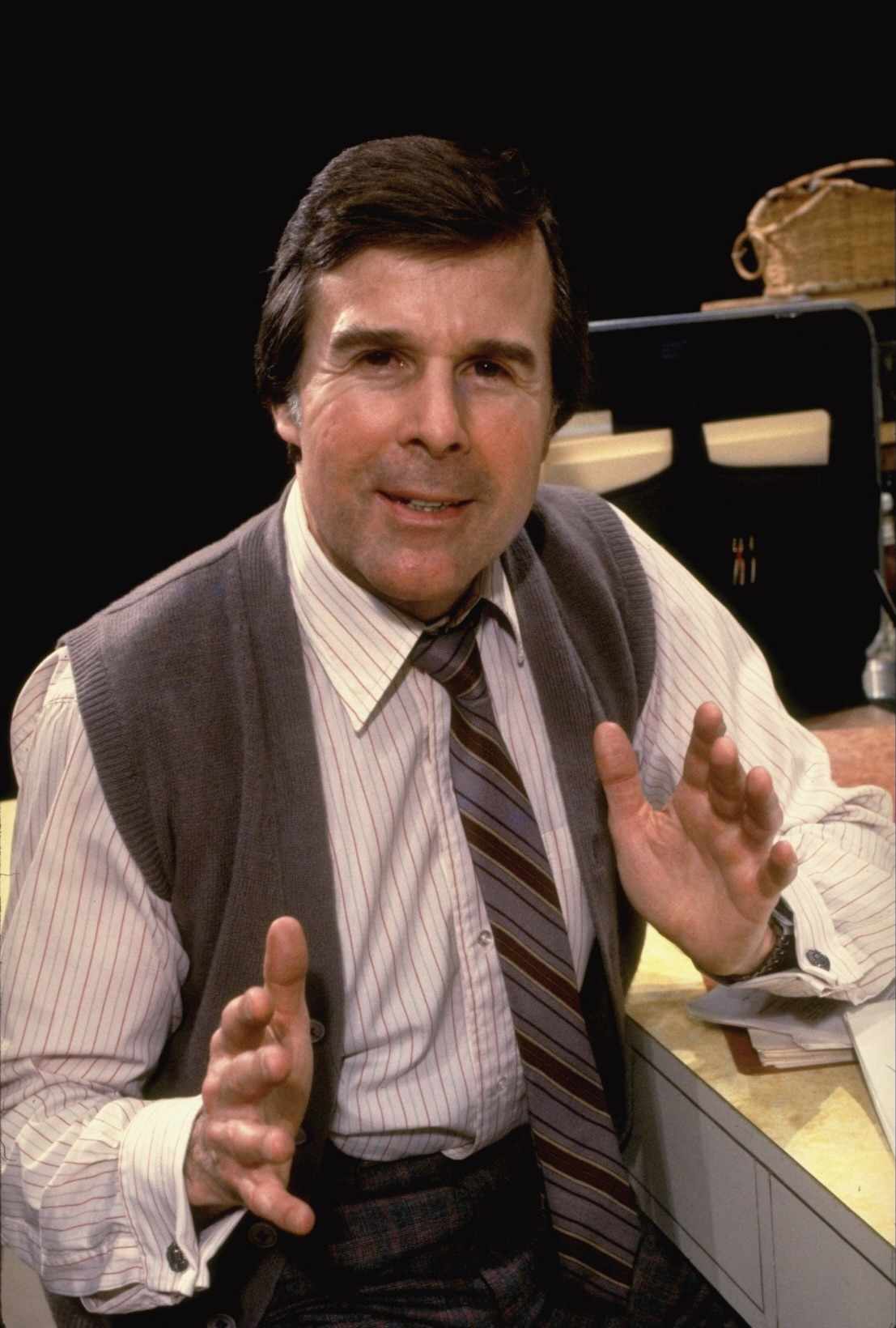
While visiting Lisbon, Portugal this week and last, my Portuguese companion wanted to know if there were any shows I would like to see. He informed me it's a city (even in these Covid-infested times) with many old theatres to investigate. Naturally, all the plays would be in Portuguese, of which I speak very little (if any at all), but a musical would certainly make for an easier evening of things. When he mentioned a production of Chicago had recently re-opened, that had me at "hello," or to be more precise, at John Kander's insistent vamp to its opening number "All That Jazz." Case closed. I know the show so well it would require nothing of me to understand every joke.
My history with Chicago goes back to its original Broadway production in 1975 that starred the powerhouse trio of Gwen Verdon, Chita Rivera and Jerry Orbach. I saw it two-and-a-half times over its two-year run. And if that number seems odd (sounding as if I walked out at intermission), that's not it. I walked "in" at intermission, second-acting it, an art at which I used to be a bit of an expert. But that's for another column.

Twenty-one years after it first opened on Broadway, Chicago had a City Center Encores revival, performed in a concert-style presentation — more out of financial necessity than a profound artistic choice — that made critics and audiences re-evaluate the musical. New meanings were discovered in its deeply cynical comedy, especially due to the then-recent O.J. Simpson murder trial in Los Angeles; its satire playing very differently in 1996 than it did in 1975.
The canny producers Barry and Fran Weissler saw the production and made calls to inquire if they could "get in" on moving it to Broadway. They were stunned to hear that there was nothing to “get in on,” as it turned out they were the only producers making an offer. The rest is history. All these years later there is only one show standing in Chicago's way should The Phantom of the Opera ever close (which is questionable) to make it the longest running show in Broadway history.
And I just happened to have been in attendance at the first Chicago preview on October 23, 1996.

It was sold out and I only had one final night in New York before heading home to Los Angeles. It felt like my one and only chance because it was a serious question whether audiences would pay a top ticket price of $75 (sigh) to see a show with no scenery and no changes of costume. With an optimist's zeal and tremendous, good luck, a few minutes before the 8:00 curtain, a woman and her daughter surrendered the hope that a third member of their party was showing up and sold me one of the best seats in the house. I quickly took my seat and listened to the buzz of the crowd hum in anticipation of the famous trumpet wail that begins the musical.
But the lights didn't go down and we all began to wonder what was going on. Then, at around 8:15 or so, the producer Barry Weissler, dressed in a smart tuxedo, came out and addressed the audience. I assumed it was some sort of welcome, or at the very least, an innocuous disclaimer that this was the first preview, and it might have to be stopped for technical difficulties. But no. He was there to calmly inform us we had to exit the theatre immediately. “Nothing to be concerned with, folks. Just your average, ordinary bomb scare.”
Which is how I found myself standing out in the street next to the show's lyricist and co-book writer, Fred Ebb, who like me, was all by himself. I asked him if he had ever experienced this sort of thing with one of this shows and he said, “Yeah, weirdly it was the original Chicago. We had a bomb scare the first night back in 1975." We shared a laugh discussing whether it was the same bomber and what possible grudge they could have with the show.
When we finally got back inside, even though Bebe Newirth (as Velma) didn't come up out of the floor as Chita Rivera did in the original "All That Jazz," the number still managed to stop my heart. Fosse's brilliant showmanship was still shining through, even after his being dead for nearly a decade. Ann Reinking, cast as Roxie (and who had replaced Gwen Verdon in its first run), was credited in the Playbill with the unique billing "Choreographed in the style of Bob Fosse" (for which she would go on to win her one and only Tony Award).

I've seen a number of subsequent Chicago's (high school and beyond) and, of course, the 2002 Academy Award winning Best Picture, more than a few times. Which brings me full circle to this Lisbon production, directed by Diogo Infante, which, very much to my surprise, followed the film in startlingly close fashion. Yes, it was still based on Walter Bobbie's stripped-down 1996 version, but it also mimicked staging, scenery and the omission of songs that marked the film adaptation. As the evening went on, it became more and more obvious how far it was going to go, right down to changing Mary Sunshine (spoiler alert!) from a man in drag to a purely female character (and dressing her exactly like Christine Baranski in the movie); the staging of "Cell Block Tango" lit and silhouetted in black and red with two-storied cells; "We Both Reached for the Gun” having the chorus on puppet strings; shortening "When Velma Takes the Stand” to nearly nothing; removing the number "Class" entirely; and for the finish, Velma and Roxie brandishing machine guns, rat-a-tat-tatting away like Catherine Zeta-Jones and Renée Zellweger.
It made a statement. My guess is that the intention would be not to confuse audiences in ways the stage version differs from the film. If that were the case, mission accomplished. No one would go home disappointed.

Over the years, I've seen a bevy of wonderful actors play the role of Amos Hart, Roxie's beleaguered and nearly invisible husband. In the original, Barney Martin broke my heart with "Mr. Cellophane" and later, John C. Reilly secured an Academy Award nomination for the film, doing his own moving version of the song, not to mention Joel Grey, superb in 1996 — no stranger to Kander & Ebb having created the role of the Emcee in Cabaret both on stage and film. But before now I had never seen a Chicago where Amos totally and completely steals the show. It was José Raposo who took the honors with this production. Upon his entrance, before he even opened his mouth, the theatre broke out in wild applause. It became immediately apparent that this was a masterful actor with years of stage experience under his belt. Raposo got laughs on the tiniest gestures, shrugs and raise of an eyebrow. And it was no surprise when his rendition of "Mr. Cellophane" received the evening's biggest ovation, stopping the show. In addition, Raposo was responsible for one of my favorite moments of the evening, when during the curtain call's reprise of "All That Jazz," he broke loose with a one-of-a-kind agility, dancing improvisationally to his own rhythm and beat. It was a sight to behold.
It's interesting that for his concept of the first Chicago, Bob Fosse chose to cast a non-dancer in the role of Billy Flynn. Jerry Orbach, a musical theatre performer par excellence, was rarely called upon to dance in almost any of the musicals in which he starred. But that's one of the genius aspects to the character of Billy Flynn: the use of a choreographic metaphor in which he sort of stands stock still while everyone does all the work around him, as if he doesn't have to lift a finger to get the job done. This felt clear to me while watching Miguel Raposo in the role. Handsome and with a fine singing voice, he gave Billy the oily polish it demands. And yup—it's no coincidence there are two Raposo's in the production: a little internet sleuthing revealed to me that they are father and son.

As Roxie and Velma, Inês Herédia and Vanessa Silva respectively, were admirable. I'd give a few extra points to Herédia, as she made the role her own. I think there's more room for Roxie to do that than Velma, even though it's the Roxie's who often steal the show (and awards). If it hadn't been for A Chorus Line's Tony sweep in 1976, I think Chita Rivera's Vera would have been the choice over Gwen Verdon's Roxie (Gwen had four Tonys and, at that point in time, Chita had none). The Velma's of Bebe Newirth and Catherine Zeta-Jones won each a Tony and an Oscar, proof of what great, great songs they have. Roxie, with the bulk of the book scenes to carry, bears a greater burden. All in all, I thoroughly enjoyed this Chicago, my first time at a musical since the afternoon of March 11, 2020, the day before the shut-down, when I attended a matinee of Jagged Little Pill.
Considering I'm in Portugal now, I have been missing out on the return of some of the musicals that closed a year and a half ago, Chicago among them. From what I've been reading online, it appears it's been a highly emotional reunion for the actors on stage, those behind the scenes and, of course, the die-hard theatergoers who are thrilled to hear an orchestra's opening beats and cheer at a curtain call 2 1/2 hours later. And it thrilled me, too, that I got a chance to experience a true touch of Broadway with this Chicago, even if it was a 3,365 mile distance from the Ambassador Theatre on West 49th Street to the Teatro da Trindade in Lisbon (that's the number — I Googled it).
If you enjoy these columns, check out Up in the Cheap Seats: A Historical Memoir of Broadway, available at Amazon.com in hardcover, softcover and e-book. Also, please follow me here on Scrollstack and feel free to email me with comments or questions at Ron@ronfassler.org.





















Write a comment ...